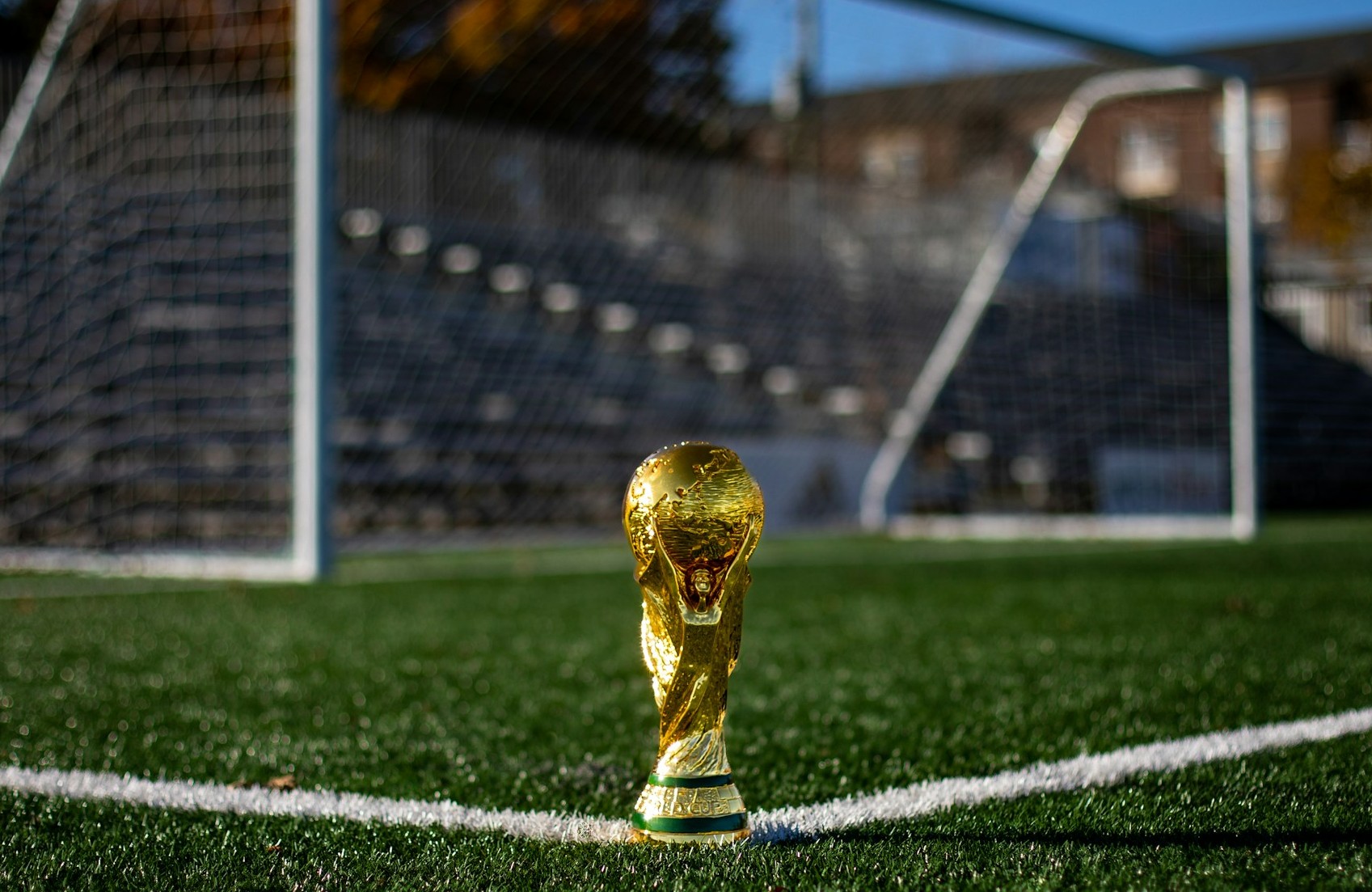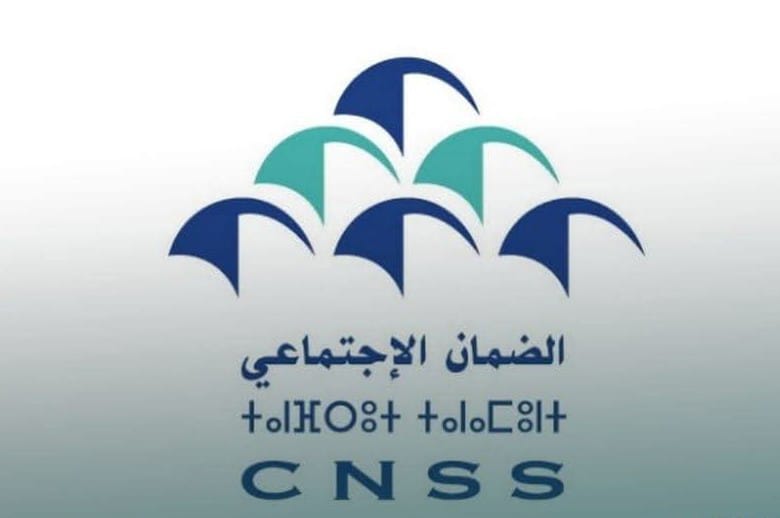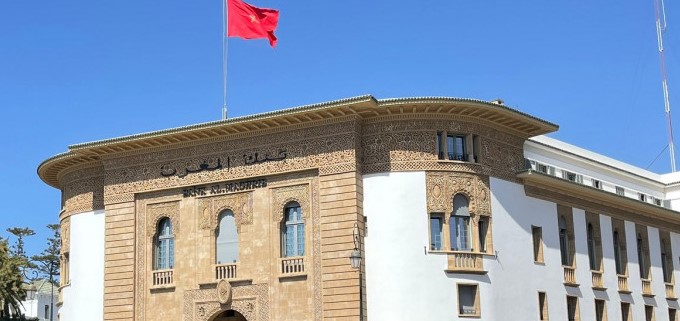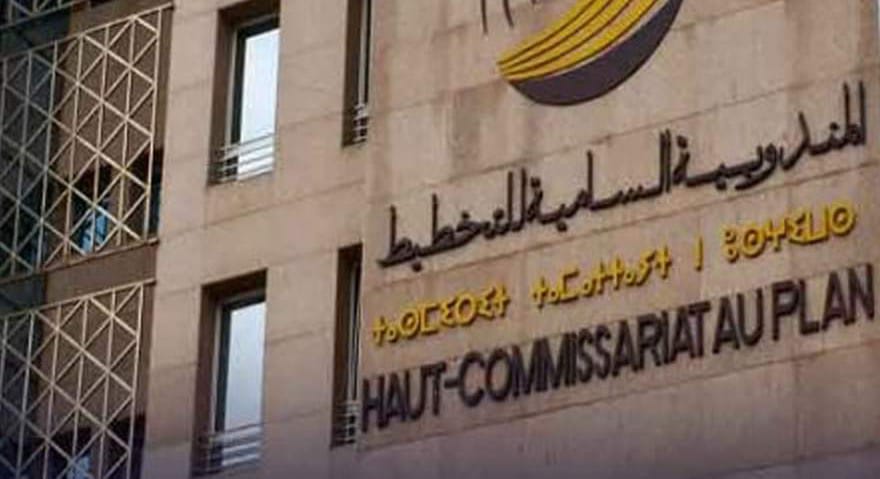Casablanca – As Morocco prepares to co-host the 2030 FIFA World Cup alongside Spain and Portugal, British companies are increasingly positioning themselves to take part in the country’s fast-moving development plans. The global sporting event, scheduled to take place across six Moroccan stadiums, is acting as a powerful catalyst for international investment interest—particularly from the United Kingdom.
Since leaving the European Union, the United Kingdom has been actively exploring new opportunities for trade and investment around the world. Morocco has become an increasingly attractive partner, thanks to its expanding economy, stable political climate, and strategic position in North Africa. The country’s preparations for the FIFA World Cup 2030—which are expected to drive major economic growth and infrastructure development—have further strengthened British interest.
Strategic engagement and bilateral frameworks
In recent years, Morocco and the UK have significantly strengthened their economic ties. A post-Brexit bilateral agreement between the two nations laid the groundwork for more flexible and independent trade relations. According to official British figures, trade volume between the two countries reached $5.36 billion in 2024, an increase of $766 million compared to 2023. This growth has been interpreted as a sign of the deepening commercial relationship between London and Rabat.
The momentum was further reinforced in May 2025, when UK Minister of State for Investment, Bopi Gustafsson, reaffirmed Britain’s commitment to supporting exports to Morocco. She described the World Cup as a “strategic incentive” for expanding bilateral economic cooperation. “We view Morocco as a vital gateway to Africa and a market that aligns well with our long-term investment strategy,” Gustafsson said.
UK export finance signals strong support
One of the most concrete signals of British intent came from the UK’s official export credit agency, UK Export Finance (UKEF). The agency announced that it would make up to$6.4 billion in financing available for British businesses participating in infrastructure projects in Morocco tied to the 2030 World Cup. These projects include stadium construction, transport systems, energy, and digital infrastructure.
This funding pledge aims to support not only large-scale engineering and construction projects but also services and technologies related to event management, smart city planning, and tourism. “We are ready to mobilize our financial tools and sector expertise to help British firms contribute meaningfully to Morocco’s preparations,” a UKEF spokesperson said.
Official cooperation through memorandum of understanding
The institutional backing for this cooperation was formalized earlier in June 2025 with the signing of a Memorandum of Understanding (MoU) between the two governments. The agreement was signed at the Mohammed VI Football Complex in Salé by Fouzi Lekjaa, Morocco’s Minister Delegate for the Budget, and David Lammy, the UK’s Minister of State for Foreign, Commonwealth & Development Affairs.
Under the MoU, the UK commits to offering technical expertise, business support networks, and advisory capacity to aid Morocco’s World Cup preparations. Both sides agreed to collaborate closely on a number of projects including stadium development, transport infrastructure, and services linked to the management of international sporting events.
The agreement also reflects a broader vision for the tournament, which both nations view not just as a sports competition, but as an opportunity for long-term partnerships, job creation, and sustainable development. “We want to make the 2030 World Cup a success not only on the pitch, but also in terms of logistics, social impact, and economic legacy,” the joint statement read.
Growing business interest
British private sector interest in Morocco has been growing steadily. In October 2024, delegations from 12 UK companies visited the country to evaluate investment opportunities in sectors expected to benefit from World Cup preparations. These include transportation, hospitality, tourism services, renewable energy, and digital transformation.
Sports infrastructure experts also point out that Morocco’s openness to foreign expertise and its strategic planning efforts make it a particularly attractive destination. “Morocco isn’t just organizing a World Cup—it’s redefining itself as a regional hub,” said a UK-based infrastructure consultant involved in project planning.
Looking beyond 2030
While the World Cup is a short-term milestone, British officials and investors alike view it as part of a longer-term engagement with Morocco. The expectation is that major investments made in preparation for the tournament will have lasting effects, boosting trade, tourism, and urban development well beyond 2030.
With preparations for the World Cup gaining pace and Morocco advancing as a key player on the African continent, the stage is set for deeper economic ties—and British companies appear ready to play a leading role.
















